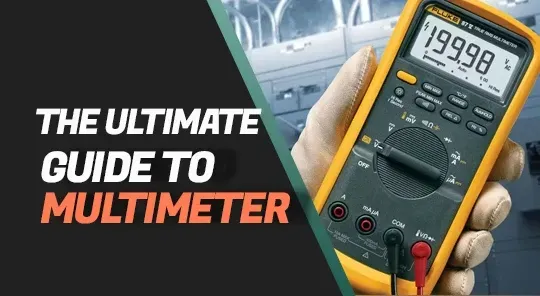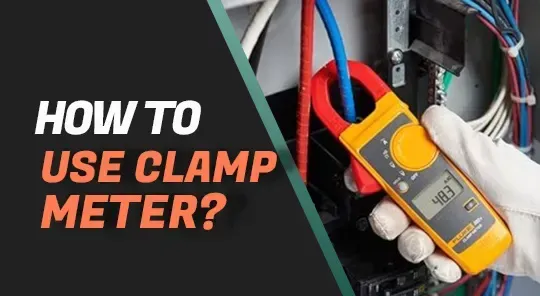Top 5 Thermometers for Professional Use in 2024
Top 5 Thermometers are essential tools in a variety of industrial environments, where precise temperature measurements are critical for safety, efficiency, and quality control. In industries ranging from manufacturing to energy production, the accuracy and reliability of a thermometer can significantly impact operations. By 2024, the demand for thermometers that not only provide accurate readings but also withstand the rigors of industrial environments has grown. Whether you’re monitoring machinery, controlling production processes, or ensuring compliance with safety standards. In this article, we’ll explore the top 5 thermometers for industrial use in 2024, helping you select the best tool for your specific needs.
Best Infrared Thermometer for Professionals
In the following, we’ll delve into the Best Infrared Thermometer for Professionals. This year, the demand for reliable and durable IR thermometers has grown, as professionals continue to seek tools that meet the rigorous demands of their work environments.
1- Testo 835-T2 – High-Temperature IR Thermometer
The Testo 835-T2 is specifically designed for extreme industrial environments, capable of measuring temperatures up to 1500°C (2732°F), making it ideal for applications that require monitoring high temperatures, such as in metal production or furnace maintenance. This thermometer can measure temperatures ranging from -50°C to 1500°C (-58°F to 2732°F) and features adjustable emissivity for precise readings on different surfaces. Additionally, it includes an integrated laser pointer for accurate targeting, making it perfect for high-temperature industrial processes, metalworking, and furnace monitoring.

2- Fluke 572-2 High-Temperature Infrared Thermometer
The Fluke 572-2 is a reliable choice for professionals working with high temperatures, offering a broad measurement range from -30°C to 900°C (-22°F to 1652°F). Its robust design and ease of use make it well-suited for demanding industrial environments. The thermometer features dual laser targeting for precise measurements, data logging capability for later analysis, and adjustable emissivity to accommodate different material types. This makes it an excellent tool for industrial maintenance, power generation, and chemical processing.

3- Fluke 568 Infrared Thermometer
The Fluke 568 is a versatile tool, offering both contact and non-contact temperature measurements, making it suitable for a wide range of industrial applications. With a user-friendly interface, it can measure temperatures ranging from -40°C to 800°C (-40°F to 1472°F). Key features include dual-mode operation (infrared and thermocouple), a USB interface for easy data transfer, and adjustable emissivity for increased accuracy, making it ideal for industrial equipment maintenance, electrical inspections, and HVAC systems.

4- Testo 835-H1 Infrared Thermometer
The Testo 835-H1 is an excellent tool for industrial environments where both temperature and humidity monitoring are essential, as it combines infrared temperature measurement with humidity and dew point calculations. It measures temperatures ranging from -30°C to 600°C (-22°F to 1112°F) and features an integrated humidity sensor with dew point calculation. The 4-point laser ensures accurate targeting, making it ideal for building diagnostics, HVAC systems, and industrial quality control.

5- FLUKE 62 MAX+ Infrared Thermometer
The FLUKE 62 MAX+ Infrared Thermometer is a professional-grade tool designed for accurate and reliable temperature measurements in challenging environments, such as HVAC, electrical, mechanical, and automotive fields. It features high accuracy (±1.0°C or ±1.0% of the reading), a wide temperature range (-30°C to 650°C), dual lasers for precise targeting, and a rugged design with IP54 dust and water resistance. The thermometer is compact, lightweight, and includes a backlit display for easy reading in low light. It also offers min/max/average functionality for efficient trend analysis and troubleshooting.

Choosing the right Digital Infrared Thermometer for professional use in 2024 comes down to understanding your specific needs and the environments in which you’ll be using it. No matter which Non-contact Thermometer you choose, ensure it meets the criteria of accuracy, durability, and ease of use to deliver reliable results in your professional setting.






